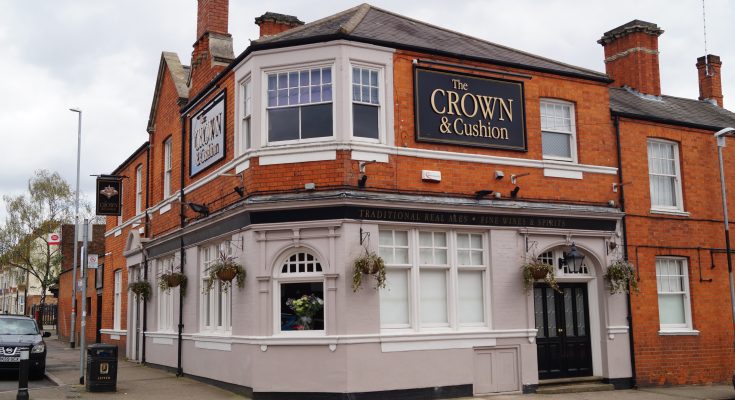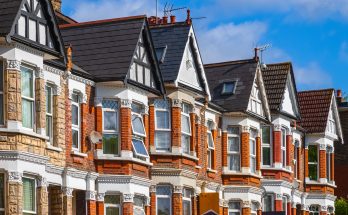Commercial tenants who cannot pay their rent because of coronavirus will be protected from eviction.
Commercial tenants who cannot pay their rent because of coronavirus will be protected from eviction, the government announced yesterday.
Many landlords and tenants are already having conversations and reaching voluntary arrangements about rental payments due shortly but the government recognises businesses struggling with their cashflow due to coronavirus remain worried about eviction.
These measures, included in the emergency Coronavirus Bill currently going through Parliament, will mean no business will be forced out of their premises if they miss a payment in the next 3 months.  This builds on the unprecedented package of support announced for businesses who are affected by coronavirus.
As commercial tenants will still be liable for the rent after this period, the government is also actively monitoring the impact on commercial landlords’ cash flow and continues to be in dialogue with them.
“We know many commercial landlords are already setting a great example by working closely with tenants and offering rent deferrals or holidays,” Communities Secretary, Rt Hon Robert Jenrick MP, said. “However, these new measures will provide reassurance to businesses struggling with cashflows and ensure no commercial tenant is evicted if they cannot pay their rent because of coronavirus over the next 3 months.”
The Chancellor of the Exchequer, Rishi Sunak MP, added: “We are taking unprecedented action and doing so at unprecedented speed, because we know that businesses and their employees need help now. That is why we are taking steps to change the law so that no company can be forced out of its premises due to loss of income. Alongside our support for workers and ¬£330 billion of business loans and guarantees, this will help make a real difference to firms across the country trying to protect jobs.”
“Small businesses will wholeheartedly welcome the decision to ban evictions for commercial tenants for 3 months,”¬† Mike Cherry, Federation of Small Businesses National Chairman, believes. “This will give piece of mind to millions of small businesses who are desperately struggling with their cash flow.¬†We know sensible conversations between landlords and commercial tenants are taking place ‚Äď but having this legislative backstop to prevent evictions during the worst of the crisis will provide much needed peace of mind for many small businesses.”
According to Simon Quin, High Streets Task Force Executive Director, the new steps will strengthen town centres and commercial areas as they prepare for the future.¬†They will encourage retention of occupancy and ensure Business Improvement Districts can focus on support for their local areas through the emergency and into recovery. “This will make places more resilient,” Simon Quin said.
The Coronavirus Bill already includes measures to ensure that Business Improvement  Districts (BID) are equipped to continue their vital role in managing the impact of the crisis on local economies and helping town centres and high streets recover. To ensure no area loses its Business Improvement District at this critical time, emergency legislation will allow a delay to ballots between now and 31 December 2020 until March 2021. This will ensure that they are conducted in a safe and effective way.
The newly announced amendment to the Coronavirus Bill on commercial leases will apply to England, Wales and Northern Ireland. It applied to all commercial tenants. The change will come into force when the Coronavirus Bill receives Royal Assent. It will last until 30 June, with an option for the government to extend if needed.
Image: The Crown and Cushion pub in Northampton, Midlands, UK / © REET 



